Ruth OBrien is professor of political science at the Graduate Center, CUNY. She is the author of several books, including Bodies in Revolt and Crippled Justice.
The University of Chicago Press, Chicago 60637
The University of Chicago Press, Ltd., London
2013 by The University of Chicago
All rights reserved. Published 2013.
Printed in the United States of America
22 21 20 19 18 17 16 15 14 13 1 2 3 4 5
ISBN-13: 978-0-226-04159-9 (cloth)
ISBN-13: 978-0-226-04162-9 (paper)
ISBN-13: 978-0-226-04176-6 (e-book)
Library of Congress Cataloging-in-Publication Data
OBrien, Ruth, 1960 author.
Out of many, one: Obama and the third American political tradition / Ruth OBrien; with a foreword by Thomas Byrne Edsall.
pages cm
Includes bibliographical references and index.
ISBN 978-0-226-04159-9 (cloth: alkaline paper)ISBN 978-0-226-04162-9 (paperback: alkaline paper)ISBN 978-0-226-04176-6 (e-book)
1. Obama, Barack. 2. United StatesPolitics and government2009 3. Political scienceUnited StatesHistory21st century. I. Edsall, Thomas Byrne, writer of added commentary. II. Title.
E907.O27 2013
973.932092dc23 2012048348

This paper meets the requirements of ANSI/NISO Z39.48-1992 (Permanence of Paper).
Foreword
Thomas Byrne Edsall
While there have been a number of journalistic accounts of the Obama presidency, in Out of Many, One: Obama and the Third American Political Tradition, Ruth OBrien gives us one of the first full-length studies. Her evaluation stakes out new ground in what surely will be a long and extended debate.
OBrien portrays Obama as instituting an impressive series of policy ruptures: deemphasizing the privileges of white Christianity, bolstering the standing of gay and transgender citizens, and generating a commonsan interconnected terrain where local, state, national, transnational, and global governmental and nongovernmental actors can tackle a substantive public policy problem from a multitude of intersecting and crosscutting perspectives. Stated more comprehensively, OBrien contends that Obama seeks to transform the face of the American middle class, stripping it of its white, male, Anglo-Saxon, Christian, heterosexual, affluent suburban connotations. Obama embodies a new political perspective, embracing a collaborative approach that recognizes the interdependence and interconnectedness of all Americans.
Central to Obamas governing ethos is a deliberative approacha democratic experimentalism, an interactive compliancethat OBrien sees as embodying a third American political tradition. She argues:
Unlike either the strong individual-rights (or civil liberties) state or the strong welfare state, this third tradition is premised on forging alliances and on collective goodwill. Rather than operating in an absence of good faith and trust, with individuals suing to enforce their civil rights, Obama emphasizes human dignity and potential, not material potential, in a cosmopolitan collectivity of shared, yet shifting, alliances. The third tradition is not a belief that you have the freedom to live your life unfettered by the state or any organizationit is not the cowboy image. Nor is it equality of opportunity maintained by the state through regulationa nursemaid or nanny state that helps individuals. Instead, Obama seeks to build human potential by emphasizing freedom, equality of opportunity, and earned egalitarianism as we press on toward ever-new frontiers. The relevant image is pioneers depending on one another in a wagon trainin a collectivity.
OBrien persuasively demonstrates that Obama holds a key position in an intellectual tradition that places him alongside major figures in political philosophy: Spinoza, Foucault, Arendt, Alinsky, Dewey, Du Bois, and Niebuhr. To these figures, as well as to the president, power is not inherently negative or repressive, but has the potential to become a positive, productive force.
In OBriens view, Obamas most profound challenges leading up to and in the aftermath of the 2010 election are rooted in race. She sees Obamas policies as stripping away the assumption of whiteness, and she makes the case that Obama does not substitute blackness for whiteness, but rather difference for whiteness. A few pages further on, OBrien is declarative: Race explains the limits on Obamas success as a leader.
At the same time, Obamas most profound commitment is to the middle class. Obamas reform strategy is directed at enabling membership in, and mobility toward, the middle class, only indirectly targeting the needs of the poor and working class.
The Tea Party, OBrien writes, was key to the Democratic defeat of 2010, and that wing of the conservative movement sees Obama for the threat he posesagainst white privilege and supremacy, or simply whiteness.... Obama threatens American societynot by passing more civil rights legislation or even by righting wrongs, but by stripping back the white veil covering the American state, economy, and society.
More generally, Obamas economic policies hew toward the center and are not in direct support of poor and working-class people displaced by global corporatism. His economic reforms work within the confines of corporate capitalism... polishing and softening the edges of only some of the sharpest consumer practices.... OBrien is clearly disappointed in what she terms Obamas save-Wall-Street-first approach to economic recovery policies. Nonetheless, Out of Many, One takes the position that the forty-fourth presidency has already generated a transformative legacy: While Obamas legislative accomplishments have been historic... he may have succeeded in something even bigger, something every presidential candidate promises but few before Obama could accomplish.... He has deputized the middle-class citizenry instead of building a stronger federal state ruled largely by elites and experts, thereby changing the way Washington works.
OBrien makes a compelling argument that Obama, with his emphasis on fluidity and multiple identities, has already instituted a new framework for deliberative democracy, promoting the individuals sense of efficacy and empowerment, turning institutions into communities in which, as Harry Boyte describes, citizens are given more authority and wider opportunities for participation.
OBrien brings forward evidence that Obamas commitment to feminist norms has allowed the germination of new directions in American foreign policy. His appointment of Anne-Marie Slaughter, for example, as State Department director of policy planning from 2009 to February 2011 has led to the emergence of an ideology within foreign policy elites, now populated in part by women, of what Slaughter sees as power-with as opposed to power-overpower-with defined as relational, horizontal, and collaborative. OBrien quotes Slaughter: Power-with is the phenomenon we are witnessing in so many different placesthe networked, horizontal surge and sustained application of collective will and resources.

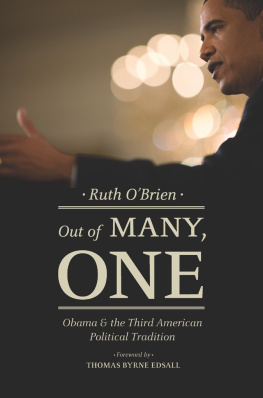

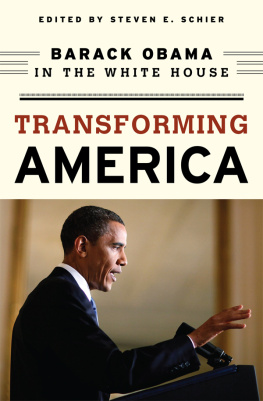
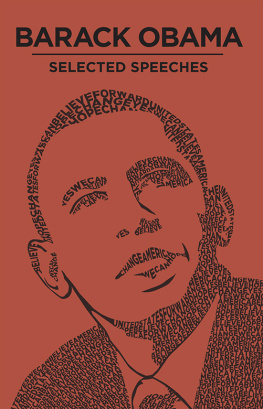
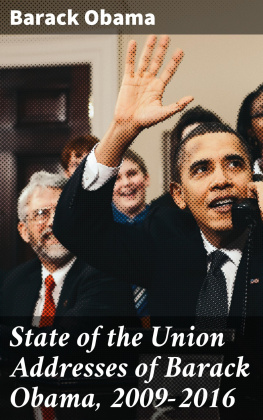
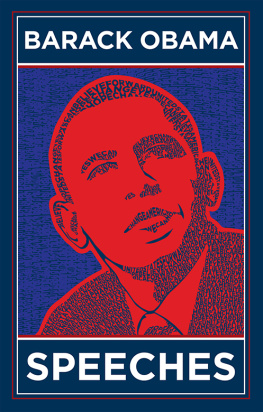
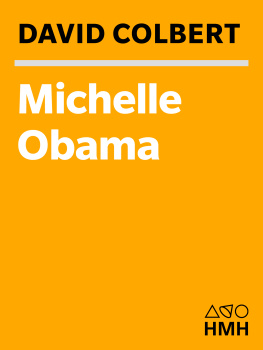
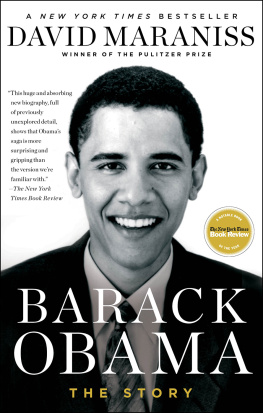



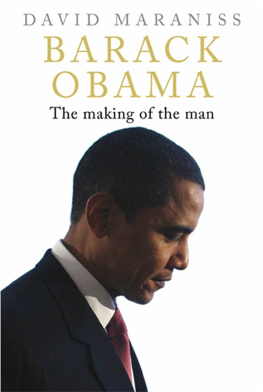
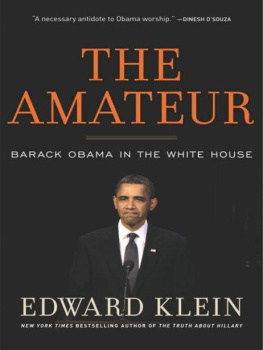
 This paper meets the requirements of ANSI/NISO Z39.48-1992 (Permanence of Paper).
This paper meets the requirements of ANSI/NISO Z39.48-1992 (Permanence of Paper).